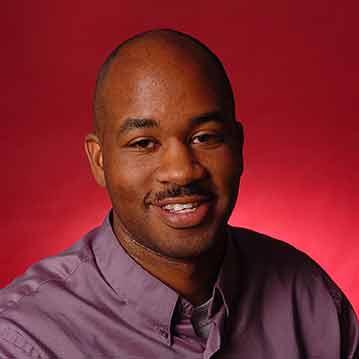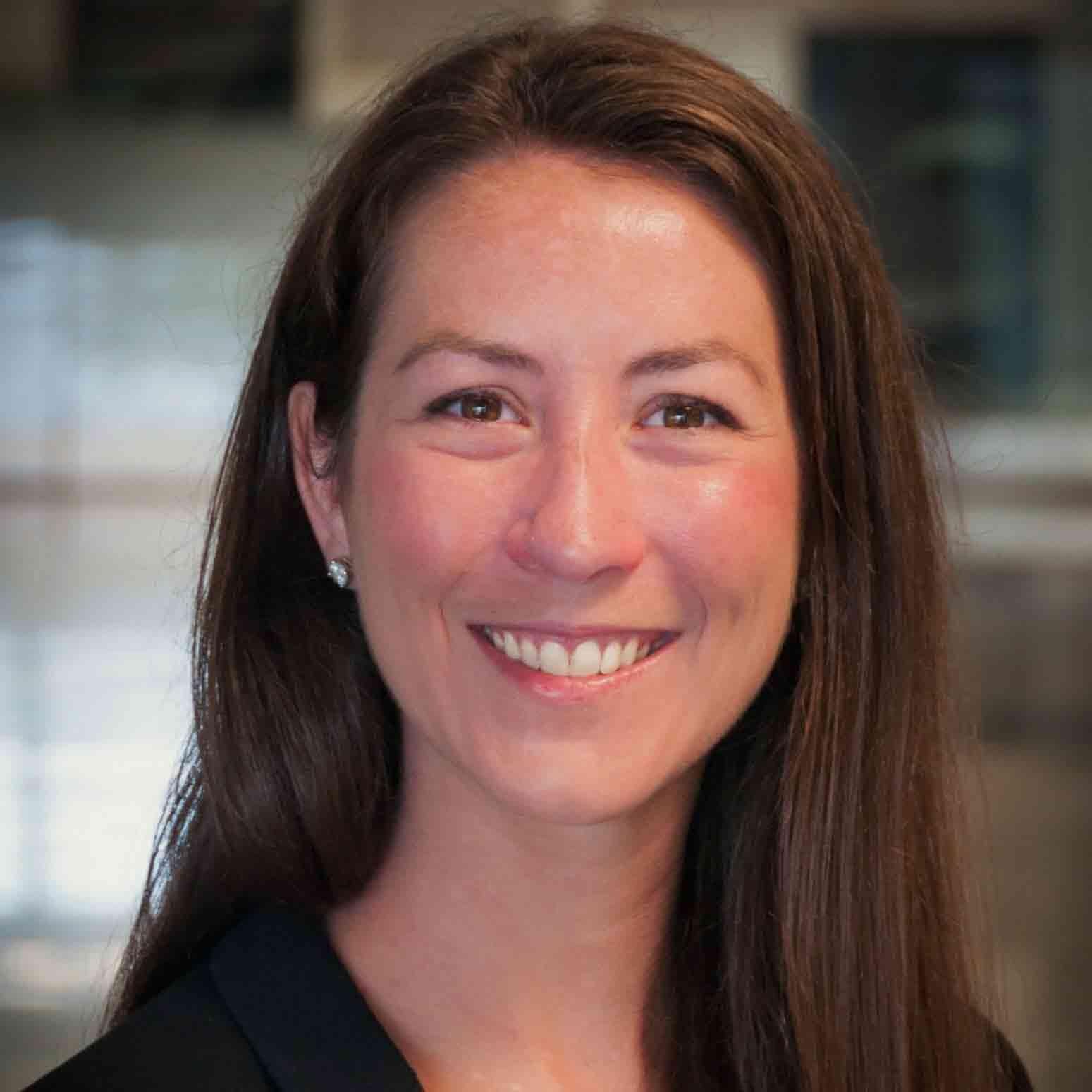Arts
Creative practice as personal expression and social commentary
Introduction
Art—in its infinite forms, functions and implications—is the most accessible and universal way of constructing meaning out of the world we inhabit.
The Arts Scholars program helps students gain a deeper understanding and appreciation of the role that art plays in society and in history. Through a mix of lectures, discussions, demonstrations, collaborative art-making and interactions with guest artists, students consider:
- How art can help us uncover our past and more readily imagine the possibilities of the future;
- How and why art may be used to make an impact or send a message; and
- What different works of art, and personal reactions to them, may signify.
Students will be challenged to conceptualize, articulate and present original ideas through a variety of methods, getting firsthand experience in creative problem-solving and project execution. Ultimately, students will strengthen their personal artistic skill and learn to appreciate a broad spectrum of art disciplines.
The Arts Scholars program attracts a diverse student population from a range of academic disciplines. No matter their area of artistic interest or skill level, students will find themselves immersed in a collaborative learning environment.
Colloquium and Lecture Topics
- What is art? What is “good” art? Understanding social definitions of art and their influence on artistic taste.
- How can we leverage the influence of artistic practice to constructively comment on the depth of our differences, our shared commonalities, and the nuances of identity as individuals and community members?
- What does research look like in the arts? Exploring common methods of creative and artistic research in the professional world.
- In what ways can we embrace creative approaches to identify, address and bring clarity to the societal challenges faced by “you,” “us,” “them” or “other”?
- How can art reshape or recontextualize understanding of our (individual and societal) learned history, biases and beliefs? How can it make visible the invisible?
- West African djembe: Exploring the role of music in community building, storytelling and cultural understanding
I have been challenged to think differently, work cooperatively, embrace creativity and, most importantly, go beyond the limits I have set for myself. Because of this program, I can confidently say I feel infinitely more prepared for the “real world,” and for that confidence and growth, I could never be more grateful.
Other Learning Opportunities
A variety of learning opportunities supplements the Arts curriculum. As an Arts Scholar, you will be introduced to artists, professional ensembles and world-class institutions each semester, through workshops led by guest artists; attendance at live performances in Washington, DC, New York City and on campus; and visits to the Smithsonian's renowned art and history museums.
In addition, you will get a chance to:
- Conceptualize, execute and present a capstone project of your choosing during your second year;
- Participate in service-learning with local schools and arts nonprofit organizations; and
- Cultivate valuable leadership and communication skills through peer mentoring and peer teaching opportunities.
Curriculum Overview
Over the two-year program experience (four semesters), students will complete up to 6 credits of supporting courses that will count toward your Arts Scholars citation. In most cases, these will also fulfill General Education requirements. Note that your Scholars courses—colloquiums, capstone practicum and supporting courses—will generally be in addition to any courses you take to satisfy major requirements.
The following represents a typical two-year curriculum, but individual schedules may vary. Details about courses and requirements can be found on the Arts Citation Checklist.
| SEMESTER | COURSE | CREDITS |
|---|---|---|
| Freshman Fall | Scholars Colloquium | 1 credit |
| Academic Writing (can be taken either Freshman Fall or Spring semesters) | 3 credits | |
| Arts Service Learning (Optional) | 2 credits | |
| 2–4 courses toward degree and major requirements (including possible supporting course) | 6–12 credits | |
| Freshman Spring | Scholars Colloquium | 1 credit |
| Arts Service Learning (Optional) | 2 credits | |
| 3–5 courses toward degree and major requirements (including possible supporting course) | 9–15 credits | |
| Sophomore Fall | Scholars Colloquium | 1 credit |
| 4–5 courses toward degree and major requirements (including possible supporting course) | 12–15 credits | |
| Sophomore Spring | Scholars Colloquium | 1 credit |
| Scholars Capstone | 2 credits | |
| 4–5 courses toward degree and major requirements (including possible supporting course if not already completed) | 12–15 credits |
Sponsoring College
Residence Hall
Bel Air Hall
Faculty


Social Media, Etc.
The Diamondback: UMD students' dance workshop highlights Japanese Butoh style, May 2022
Arts News
College Park Scholars Grieves Unexpected Passing of BSE Director Mark Wellman
College Park Scholars is grieving the loss of Dr. Mark Wellman, director of the Business, Society and the Economy (BSE) Scholars program, who died unexpectedly last week of a heart attack. He had served as director of BSE since 2005. A clinical professor in the Robert H. Smith School of Business, Wellman had been at the University of Maryland since 1990 and had also recently stepped into the role of assistant dean of alumni and corporate engagement in the Smith School.
International Studies Scholars Alum Named Student Speaker for Winter Commencement
The University of Maryland (UMD) has announced its student speaker for its Winter 2021 Commencement: Kiara Anthony, an alum of the International Studies Scholars program. Anthony, a government and politics major, boasts a diverse array of experiences from across campus, from being a member of the UMD equestrian team to co-chairing the University Student Judiciary and more. She also reportedly likes to consider issues from a global, interconnected perspective—something she no doubt became good at doing during her time in International Studies Scholars.
4 Scholars Alums Among Senior Marshals at Winter Commencement
The University of Maryland recently announcement its roster of senior marshals for Winter Commencement, taking place Dec. 20. Among the 32 graduating seniors are four College Park Scholars alumni:
3 Scholars Alumni Named Merrill Presidential Scholars
Three College Park Scholars alumni were among the 19 Philip Merrill Presidential Scholars named by the University of Maryland (UMD) this past week: Sam Varga, Science, Discovery and the Universe Scholars Rina Torchinsky, Science, Technology and Society Scholars Selena Cen, Global Public Health Scholars Merrill Scholars, which are selected by the academic college and schools with undergraduate major programs, annually honors the university’s most successful seniors and their designated university faculty and K–12 teachers for their mentorship.
College Park Scholars Awards First Rebecca Basena Kampi Memorial Scholarship
College Park Scholars has awarded its inaugural Rebecca Basena Kampi Memorial Scholarship to Joy Nash, a junior materials science and engineering major and an alum of the Media, Self and Society Scholars program. The scholarship provides financial support for undergraduate students in College Park Scholars who, through their leadership and public service, work to produce social change and support social justice.
